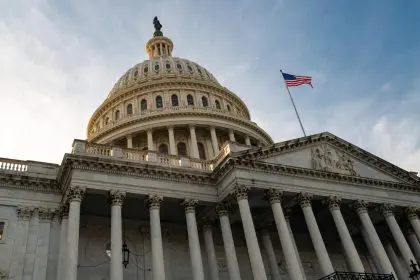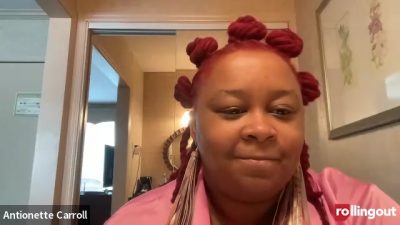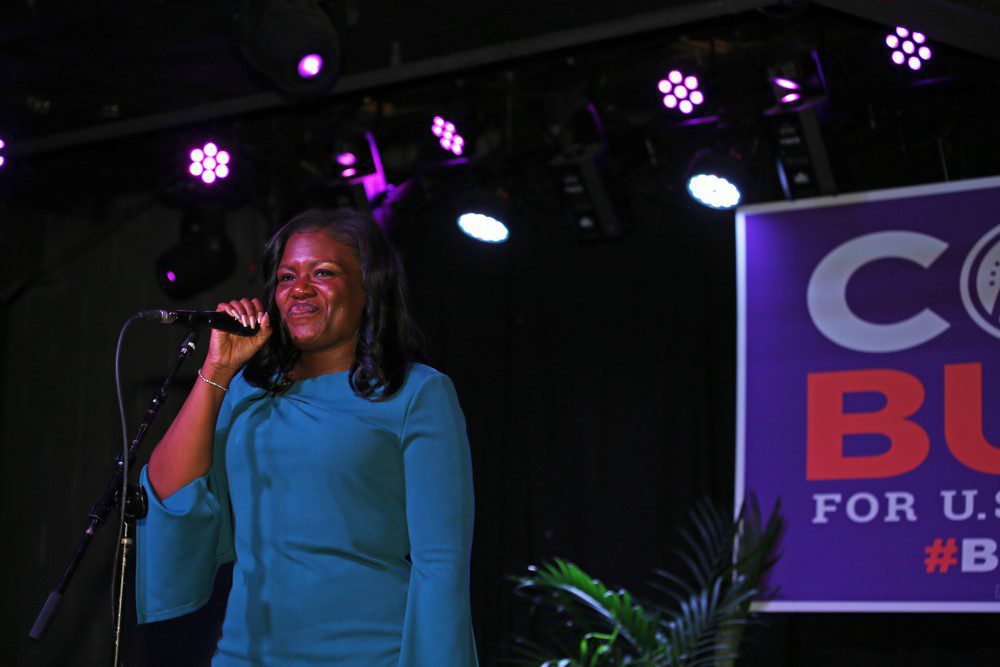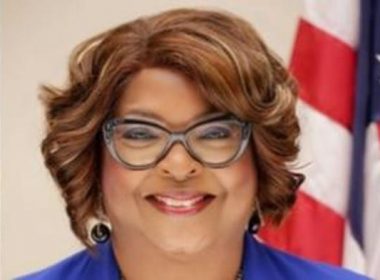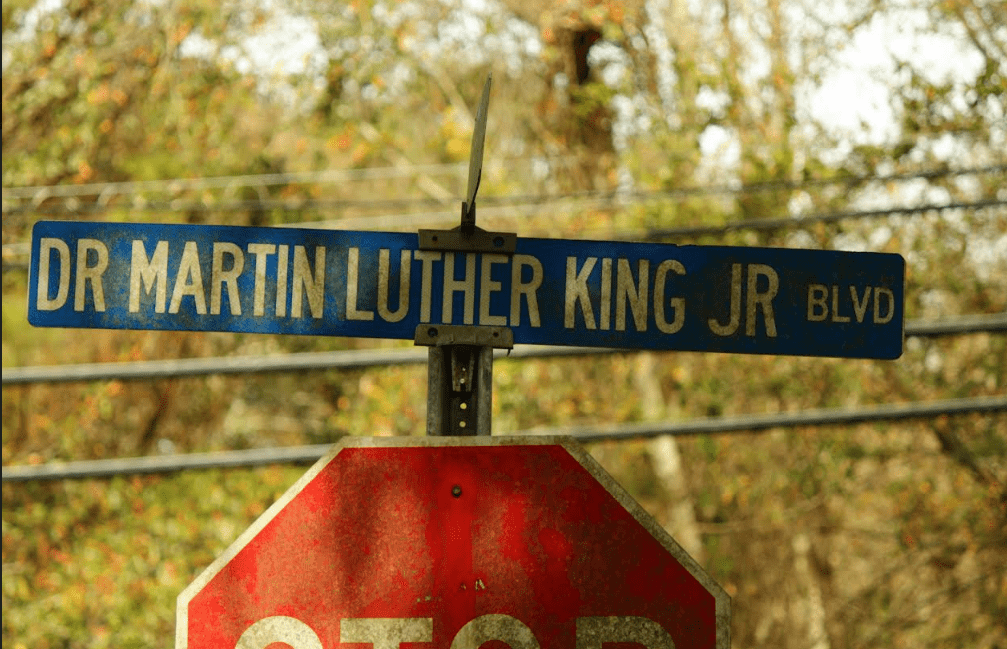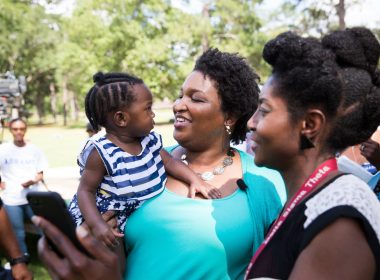
Whether or not Darren Wilson is charged with a criminal offense, young black men in America will continue to be shot down and killed by law enforcement officers and civilians. The pattern won’t be changed by a criminal prosecution in one case. It is much larger and more systemic a problem than one case can fix.
To be fair, police officers are almost never charged with murder, homicide, manslaughter or any other crime when they kill a person suspected of a crime. “The king can do no wrong.” Nor can the men he hires to keep the peace. There are some good reasons – we don’t want first responders pondering civil or criminal liability in the split second they have to decide how to protect public safety. We give the protections fancy names sovereign immunity and qualified immunity, but the result is the same. Ninety-nine percent of the time, police who shoot and kill civilians are not held responsible in criminal court. Facing these facts may help ease the pain that many will feel when Darren Wilson is absolved. We can and should make it easier to hold officials civilly responsible when they guess wrong about whether a suspect is armed and dangerous.
Having said that, there are other solutions available. The most obvious and most discussed is voting. We should lower the voting age to 16 and amend the U.S. Constitution to make the right to vote federal, individual and absolute. Today, 13,000 cities, counties, states and villages regulate the right to vote. The U.S. is one of only 11 industrialized nations that does not include the right to vote in its Constitution. Some of the others are Azerbaijan, Iraq, Iran, Pakistan, Indonesia and Great Britain.
Ferguson, and every other municipality, should have a citizens’ review board as a place to voice concern and recommend action when police conduct results in questionable use of force. Police should have body mounted cameras to record encounters with suspects. Law enforcement agencies should tally the race, gender of suspects who are stopped, questioned, frisked. The statistics will give shape and nuance to the racial profiling debate. Is it just in our minds? Or is it a real phenomena?
Law enforcement personnel should receive more training in de-escalation techniques. They should publish internal affairs investigative reports. It is senseless to expect teenagers and young adults to act with more restraint and forethought that law enforcement officers.
A few nights ago, seated in a box at the Stevie Wonder concert in Atlanta, a highly educated successful African American professional told of the time he and a group of friends were forced to the ground and handcuffed during a search for suspects in a crime. His friends ranged in size from 5’6” 150 pounds to 6’6” and 250, but no one ever explained how they could all fit the description of the killer. Of course, they all had the one characteristic that needs no explanation and guarantees suspicion – black skin. I have never met a professional African American man who did not have a similar story to tell.
And then, there is the dirty secret. Darren Wilson, George Zimmerman and Donald Sterling are all afraid of black men. Partly it is the perception of superior physicality. The same leaping, jumping, running, club-swinging ability that wins championship rings and white girlfriends produces fear and loathing off the ring, screen, course or field. Partly, it is media portrayals of swaggering violence in music and movies.
But an unhealthy, unspoken part is the desperation to which some young African American young men succumb when they survey their economic prospects in the land of the free and the home of the brave. Driven out of schools, despised by teachers, marginalized by a cookie-cutter public school curricula, fatherless, last hired, first fired … many understand by the time they reach puberty that life will be brutal and short.
No protest alone will fix this complex set of social and economic issues. But we can start by making sure every kid can read by age 8. Anything else is too expensive. We African Americans have to stop cherry-picking the best and brightest and pay attention to all of our children. Half of us are doing okay. Those of us who have cracked the code of integrated America must stop patting ourselves on the back; stop abandoning the neighborhoods we grew up in; stop passing out scholarships and enrichment activities to our friends’ kids and grandkids and do the very heavy lifting of making all African American boys feel needed and wanted. Anything else is too expensive. Then, when some errant police officer shoots too fast and kills an innocent, the dirty little secret of fear and loathing won’t provide any excuse. –Janice L. Mathis, Esq., Citizenship Education Fund


